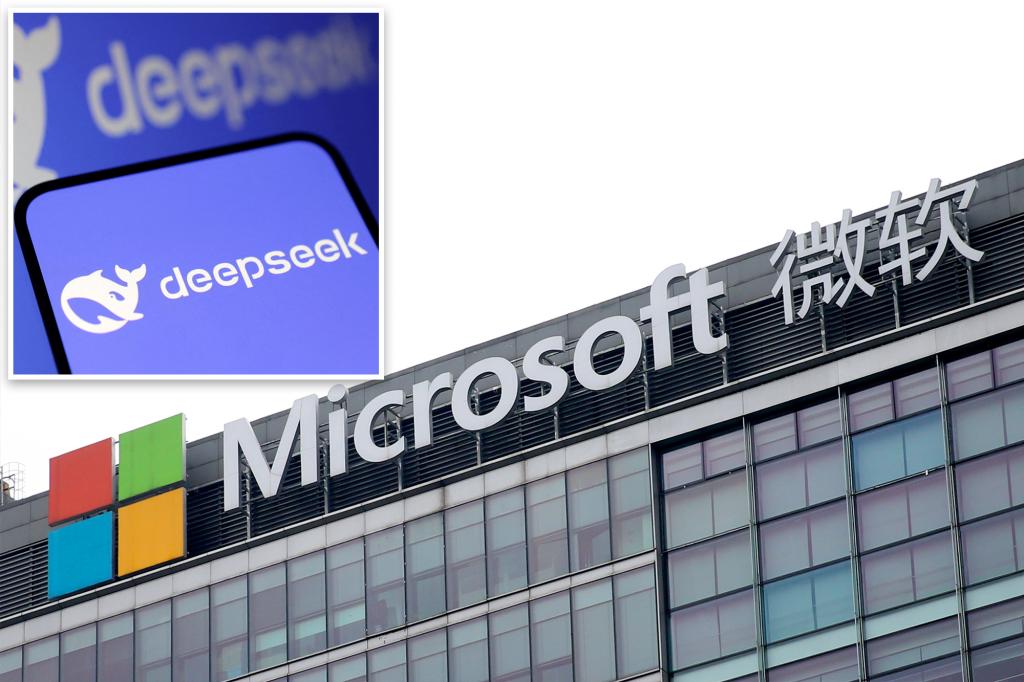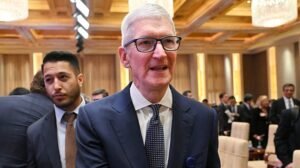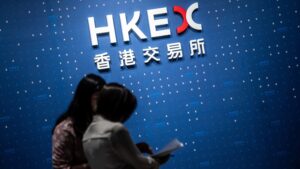DeepSeek recruits talent from Microsoft’s contentious AI research facility in China

DeepSeek’s Rise: A Closer Look at Its Origins and Implications
DeepSeek, an emerging Chinese chatbot, has recently grabbed headlines, notably contributing to a $1 trillion drop in U.S. tech stocks. A significant factor in its development is the experience of multiple employees who previously trained at Microsoft Research Asia, where they honed their skills in artificial intelligence.
Connections to Microsoft Research
At least four employees of DeepSeek hold past positions at Microsoft’s controversial AI laboratories located in Beijing and Shanghai. Public profiles on platforms like LinkedIn and GitHub confirm their history at Microsoft Research Asia. This situation is notable given the increasing scrutiny Microsoft faces regarding its operations in China, prompting discussions among its top executives about whether it’s feasible to continue its presence in the country.
DeepSeek’s team includes the leader of its AI “alignment team,” responsible for ensuring the chatbot adheres to specific social norms and values. This individual spent a significant ten years at Microsoft Research, focusing on training large-scale language models. Another researcher at DeepSeek spent six years in Microsoft’s natural language computing group, a role that directly informed their current responsibilities at the startup.
The Expertise Behind DeepSeek
Both of these DeepSeek team members contributed prominently to research that detailed the company’s AI model, which ignited market reactions last month. Their roles underline the impact of extensive experience and training the employees received at Microsoft, a company known for nurturing top tech talent.
Historically, Microsoft has attracted numerous substantial figures in the tech industry, including notable executives from prominent Chinese firms. This has raised concerns about potential intellectual property risks and the talent drain from American companies.
Microsoft’s Response
When asked for comment, Microsoft did acknowledge the connection to DeepSeek’s employees but downplayed their role in the company’s success, asserting that it involved more than just a handful of former interns. They stressed the company’s commitment to protecting its intellectual property, highlighting that employees in China must sign agreements concerning confidentiality and IP transfer.
According to Microsoft, their research teams are safeguarded against exposure to sensitive technologies like quantum computing and facial recognition. Job postings for research positions in Shanghai indicate that Microsoft seeks highly qualified candidates with notable academic achievements in AI research.
Concerns Over Intellectual Property
The situation raises significant concerns regarding the potential for intellectual property theft or exploitation of sensitive knowledge. Critics argue that organizations like Microsoft, which maintain research operations in China, inadvertently empower Chinese tech advances at the potential cost of U.S. technological leadership.
Experts point out that DeepSeek exemplifies the complex dynamics of technology transfer between U.S. entities and Chinese firms, suggesting that employment in Chinese labs inherently transfers American knowledge and capabilities.
The Implications of DeepSeek’s Success
The sophisticated development of DeepSeek’s chatbot sparks skepticism over its claims of being built with a limited budget of $6 million, especially in light of the ongoing technology race with China. DeepSeek’s chatbot reveals signs of censorship, avoiding discussions about controversial topics such as China’s leadership.
Concerns have been raised regarding the security implications of DeepSeek’s operations, including data collection practices that could infringe on user privacy. This mirrors the scrutiny faced by platforms like TikTok, exacerbating worries that American companies risk compromising their own technological advantage by collaborating with Chinese entities.
Warnings from Lawmakers
Lawmakers like Senator Josh Hawley have emphasized the urgency of reevaluating American companies’ ties with China in the realm of AI research. They argue that initiatives like DeepSeek’s underscore the need for a revamped export control system aimed at protecting U.S. technology.
Senator Eric Schmitt has expressed strong opinions on the issue, underlining that there are serious risks involved for any U.S. technology firm operating in China regarding intellectual property protection.
DeepSeek’s trajectory and its ties to Microsoft reflect larger trends in the tech industry, sparking discussions about the future of innovation, security, and the balance of power in AI development between the United States and China.




